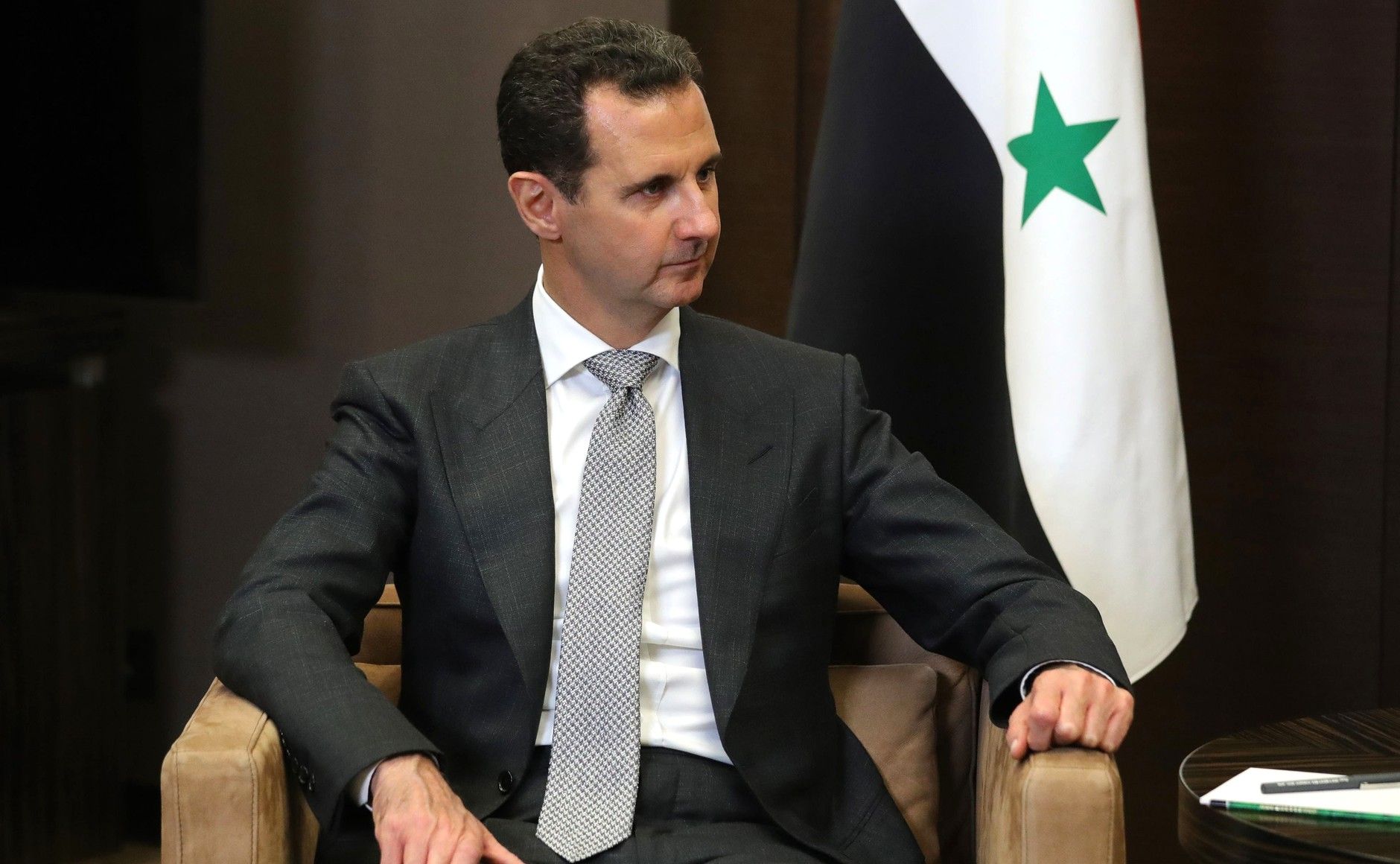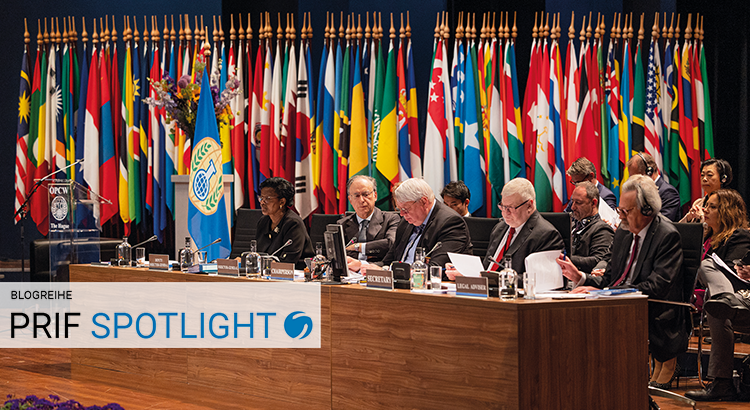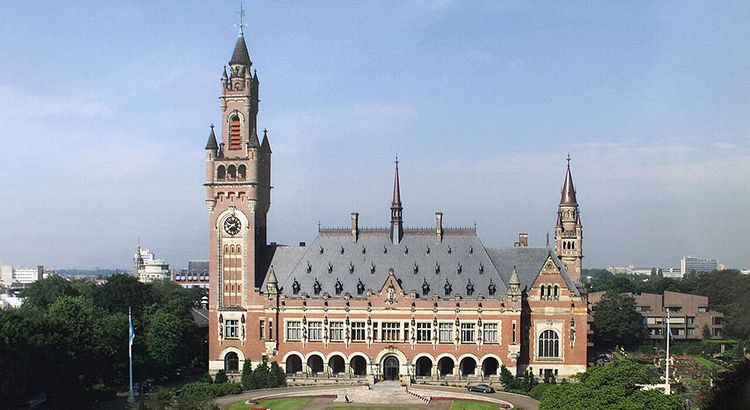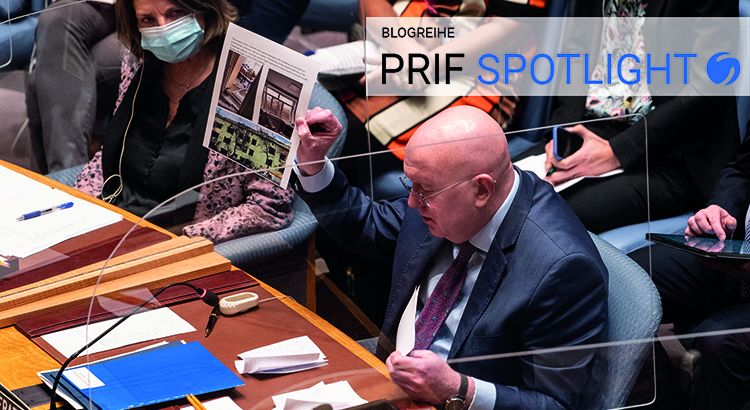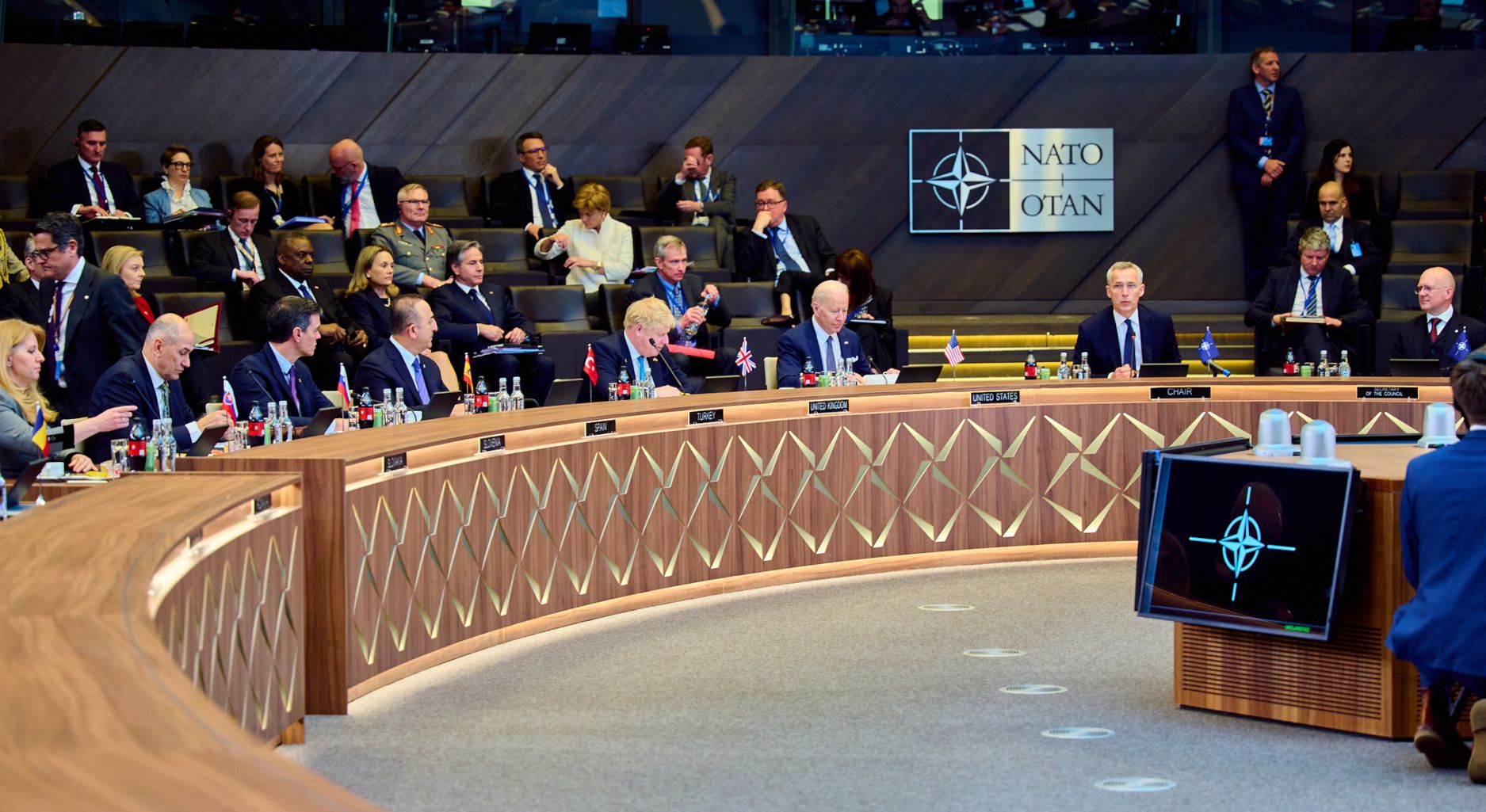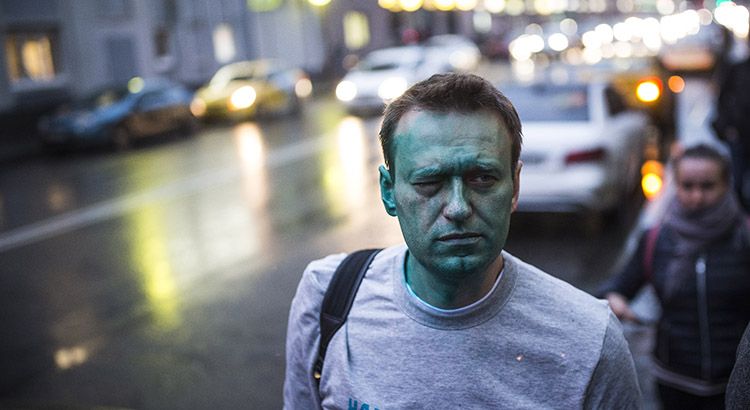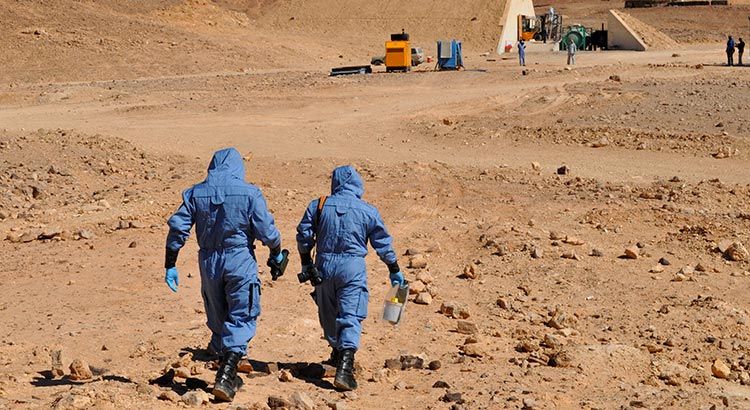Tag: Chemical Weapons
On March 5, 2025, the caretaker foreign minister of Syria, Asaad Hassan al-Shaibani, delivered a...
The French Arrest Warrant for Assad – Breaking New Ground in the Prosecution of Chemical Weapons Use?
On November 14, 2023, a French Magistrate Judge issued an arrest warrant for Syria´s President,...
The Pursuit of Consensus. The Fifth Chemical Weapons Convention Review Conference
In May 2023, 193 state parties to the Chemical Weapons Convention (CWC) convened for a five-day...
Chemical Attacks under the Convention against Torture: A New Possible Avenue?
On the 8th of June 2023, Canada and the Netherlands initiated proceedings at the International...
Muddying the Waters: Official Russian Disinformation on Chemical and Biologial Weapons
In the wake of Russia’s invasion of Ukraine, chemical and biological weapons have once again...
Szenarien eines Kriegseintritts des Westens
Gibt es eine Situation, in der es für den Westen gerechtfertigt oder sogar geboten sein könnte,...
Der Fall Nawalny und die westliche Reaktion – keine Auswege aus der Destruktionsspirale?
Obwohl noch immer viele Fragen offen bleiben, wer genau und aus welchem Grund Alexey Nawalny...
Fortschritt mit Nebenwirkungen – Neue Untersuchungsergebnisse zu Chemiewaffeneinsätzen in Syrien
Um das Thema Chemiewaffeneinsätze in Syrien ist es im letzten Jahr in den Medien ruhiger...
Warum wir im Fall Syrien nicht von einer Erosion der Chemiewaffennorm sprechen sollten
Die Giftgasangriffe im Syrienkrieg haben tausende Opfer gefordert – doch fällt ihnen auch die...
Assad könnte in Idlib wieder Giftgas einsetzen – doch eine militärische Antwort wäre falsch
Es ist, in Anlehnung an Gabriel Garcia Marquez, die Chronik eines angekündigten...

